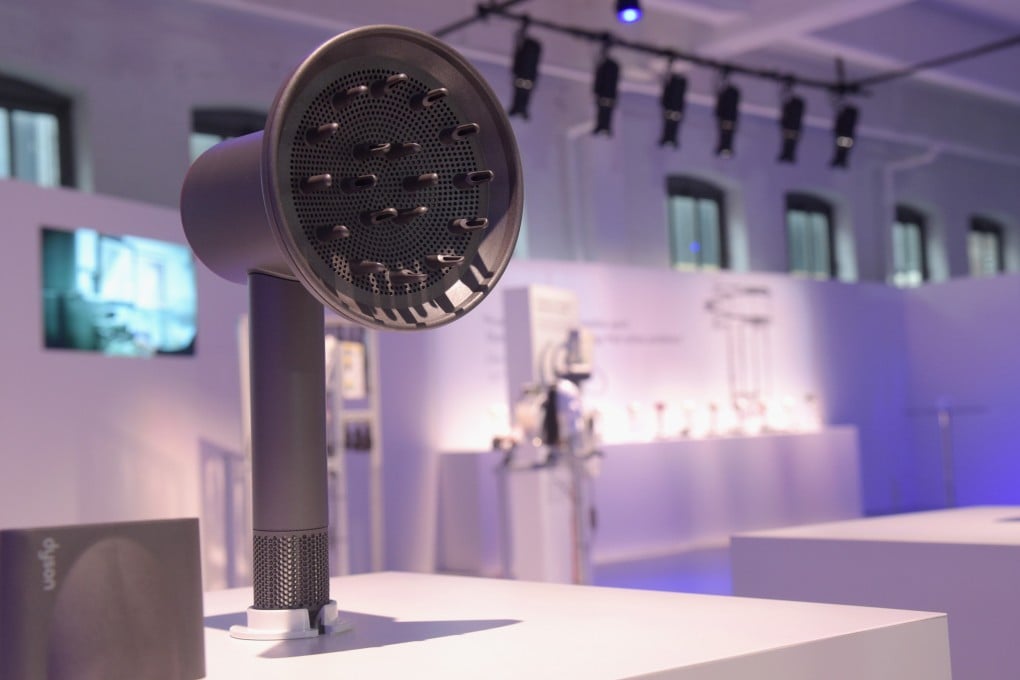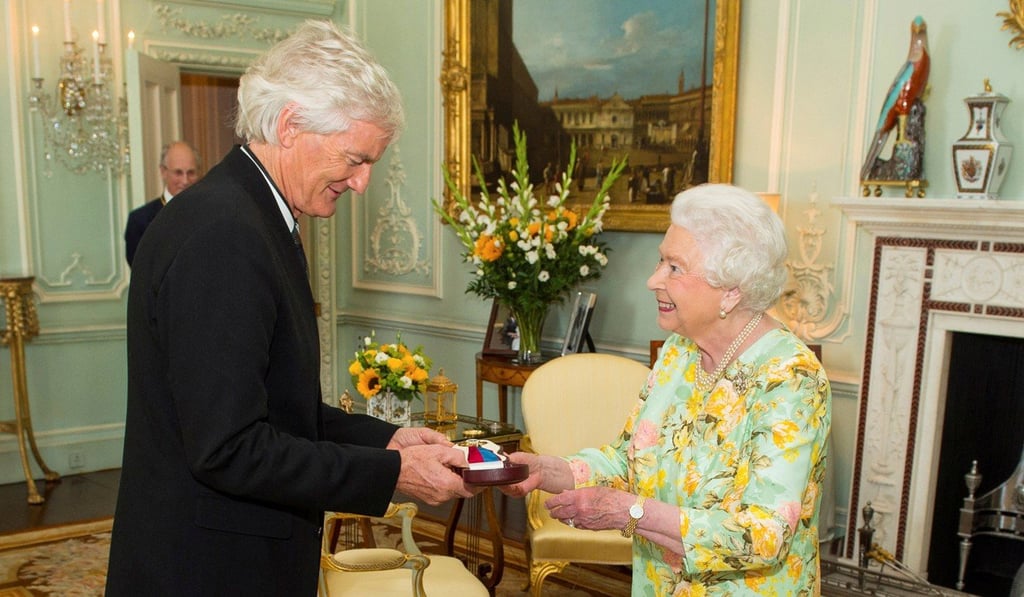The real reason Dyson is swapping Brexit Britain for Singapore
- James Dyson says relocating his firm’s HQ to the Lion City has nothing to do with his views on the UK’s decision to leave the European Union
- Is that true, or is it the kind of hot air you’d expect from a super-charged hair dryer?

While Dyson has been at pains to deny the move is linked to Brexit – he said in press release that the move “reflects the increasing importance of Asia” to the firm’s business – few in Britain seem ready to believe him.

Nevertheless, there is much to be said for Dyson’s claims. Analysts point out that moving to the Lion City will place the firm – famed for revolutionary vacuum cleaners and super-charged hair dryers that have taken the Chinese market by storm – nearer to its manufacturing partners Meiban and Flex. This will help speed the entry of its products into major Asian markets as well as facilitate its research and development plans.
The Singapore-owned Meiban, headquartered in Singapore and employing 4,000 staff across 16 production sites in China, Singapore and Malaysia, is one of Dyson’s key manufacturing partners. Flex, founded in the United States, has three sites in Singapore and a presence in a further 30 countries. Both companies work with Dyson in supplying parts for products like its vacuum cleaners and bladeless fans.